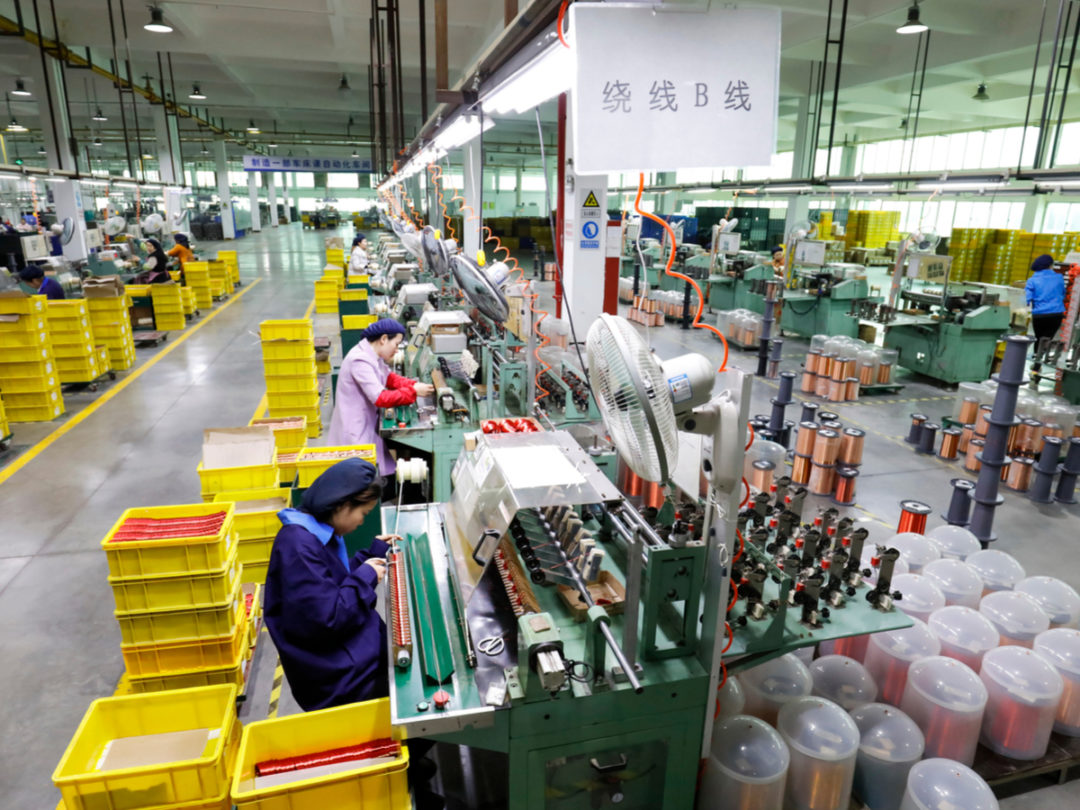
It’s an unfortunate truth that in 2019, newsfeeds are constantly filled with revelations about once-respected public figures and organizations involved in shocking and unethical behavior. But associated entities are feeling the effects as well.
Statistics from Cone Communications show that over the last 25 years, consumers have come to expect an increasingly high standard of corporate social responsibility from the businesses that deliver their goods and services. Given these trends, companies must seriously consider the importance of holding operations within their supply chains to higher ethical and moral standards.
Now that the public has access to so much information about businesses and their activities, and social media networks make it easy to create a global groundswell of outrage, top managers in industries with large supply chains should be increasingly concerned about how the actions of their business partners could reflect upon their own companies, and affect their relationship with consumers. The threat of controversy is everywhere, and for companies with vast and complicated supply chains, trying to anticipate where supply chains might be vulnerable is a difficult and overwhelming task.
However, there are resources, such as the British Standards Institution’s (BSI’s) annual Supply Chain Risk Exposure Evaluation Network (SCREEN) report. It forecasts the evolving geopolitical landscape as it relates to global supply-chain security, business continuity, and corporate responsibility risks, in a manner that can help make the task more manageable.
Established in 2001 to strengthen the security of supply chains, the Customs-Trade Partnership Against Terrorism (CTPAT) has updated its criteria for certification for the first time in nearly 18 years. U.S. companies that meet CTPAT’s criteria have consistently enjoyed trade benefits such as access to Free and Secure Trade (FAST) lanes at border control, and fewer cargo inspections by U.S. Customs. However, companies that are not prepared to adapt to the more stringent requirements might experience significant disruptions in their supply chains.
These new requirements include writing comprehensive procedures for screening and monitoring business partners, and establishing protocols for cybersecurity and crisis management. Despite the challenges involved, the SCREEN report finds that adapting to the new CTPAT requirements creates a great opportunity for companies looking to strengthen their business against potential reputational harm, while at the same time receiving trade benefits from the federal government for their compliance.
Over the past few years, the rise of controversial political figures around the globe has increased the potential to seriously impact the operations of supply chains. The recent election of President Jair Bolsonaro in Brazil, and his removal of human rights protections for many minority groups, is a notable threat to companies with supply-chain operations in that country. Elsewhere, India’s ongoing labor disputes, as well as violent threats to supply-chain operations in Mexico, also compromise risks to corporate social responsibility efforts. BSI recommends that companies exhaustively screen and constantly monitor business partners in these countries, to ensure that human rights are protected within all areas of the supply chain.
As the ongoing trade dispute between the U.S. and China continues to increase the cost of doing business, BSI anticipates that many U.S. companies will begin relocating their supply chains from China to Africa throughout 2019. While moving labor operations to Africa is more cost effective for businesses, the SCREEN report details the many vulnerabilities that relocation creates within the supply chain. Many African countries do not have the administrative capacity to inspect business operations and enforce labor laws. Additionally, widespread political instability and corruption make it difficult to establish permanent health and safety protections for laborers. To prevent abusive labor practices from infiltrating the supply chain, BSI recommends that companies stay up to date with political and economic developments, and remain vigilant in the screening and monitoring of business partners.
Mass migrations around the globe have had a huge impact on labor markets over the last decade, particularly as migrants look to escape conflict-stricken areas of Central America, the Middle East, and Southeast Asia. Unfortunately, it is very common for employers to exploit migrants for cheap and sometimes forced labor. Corporate social responsibility demands that businesses eliminate the exploitation of vulnerable peoples from their supply chains. This is especially important given the media’s frequent and compelling coverage of refugee issues. To avoid directly or indirectly exploiting refugee and migrant workers, BSI recommends that companies closely monitor those areas of the supply chain operating in regions with high populations of migrants and along major migration routes.
The last few years have consistently shown that the media and the public will hold companies responsible for operations within their supply chains. Looking forward, maintaining a positive public image will be critical to keeping the trust, and the business, of consumers. Tools and resources such as BSI’s SCREEN report can help companies gain greater insights into their supply chains, allow for continuous monitoring and improvement in corporate social responsibility, and avoid damaging and embarrassing incidents that might lead to negative publicity and reactions from consumers.
Jim Yarbrough is Global Intelligence Program Manager at BSI.







